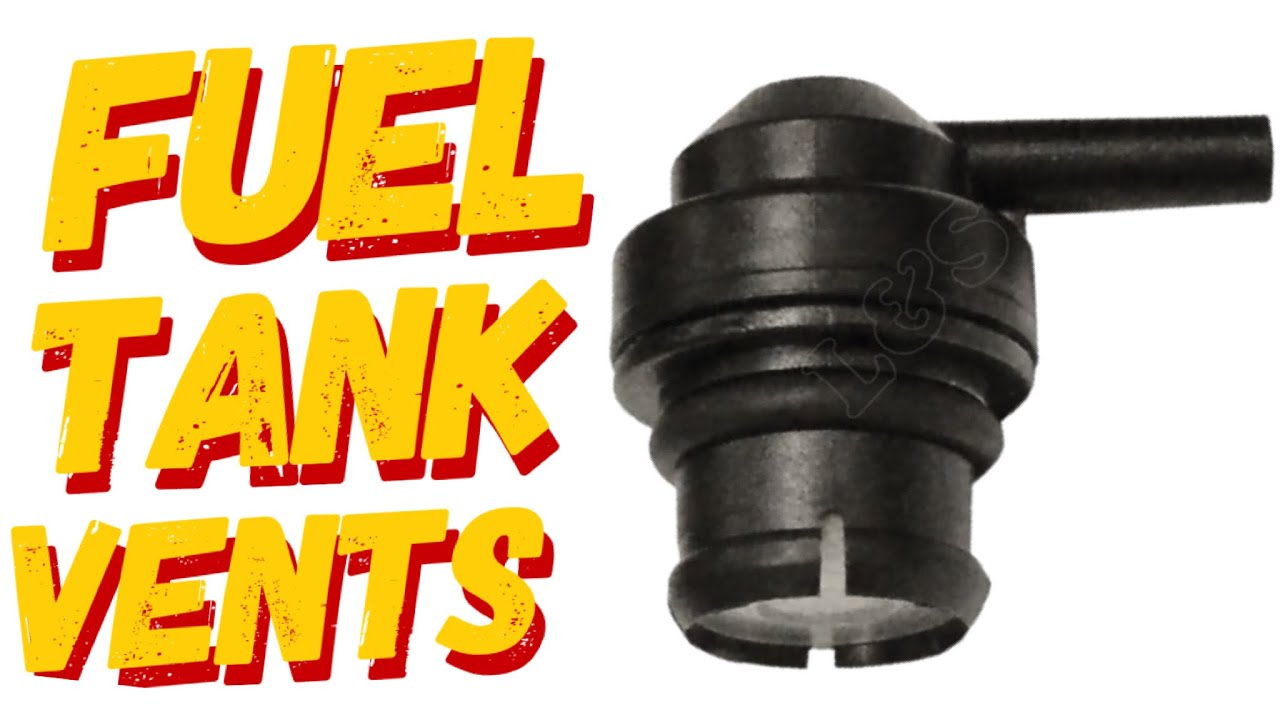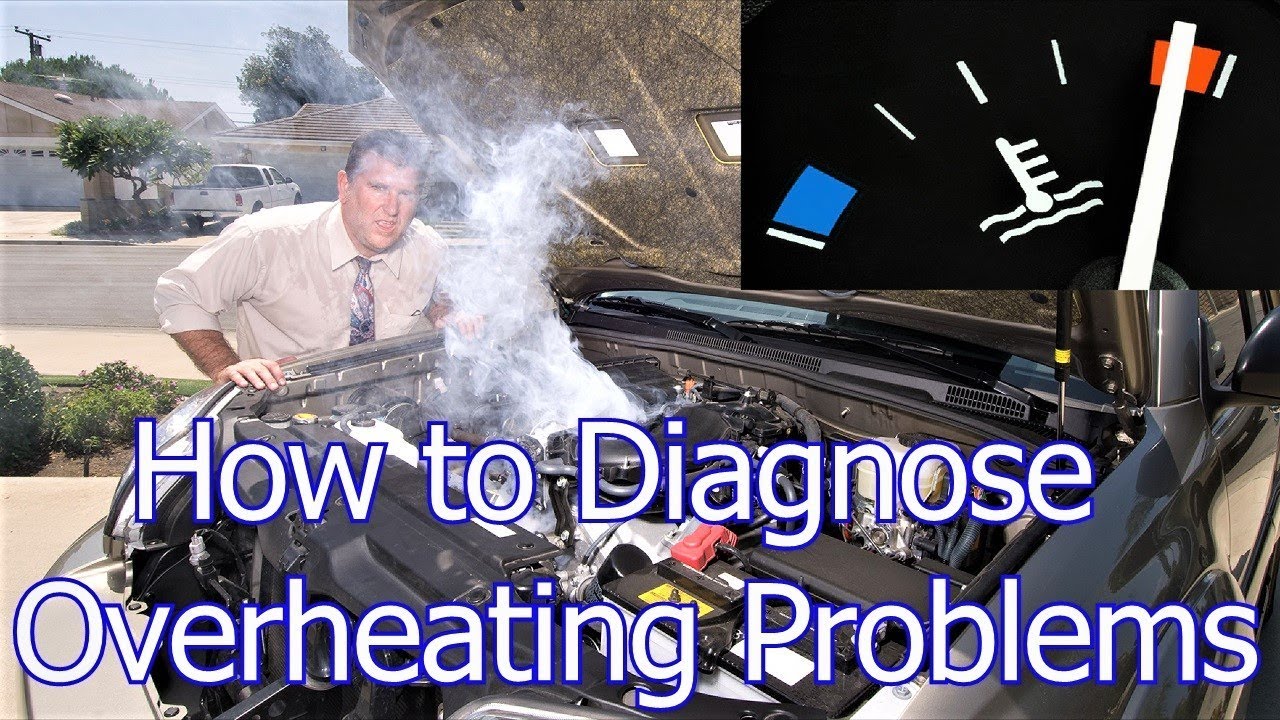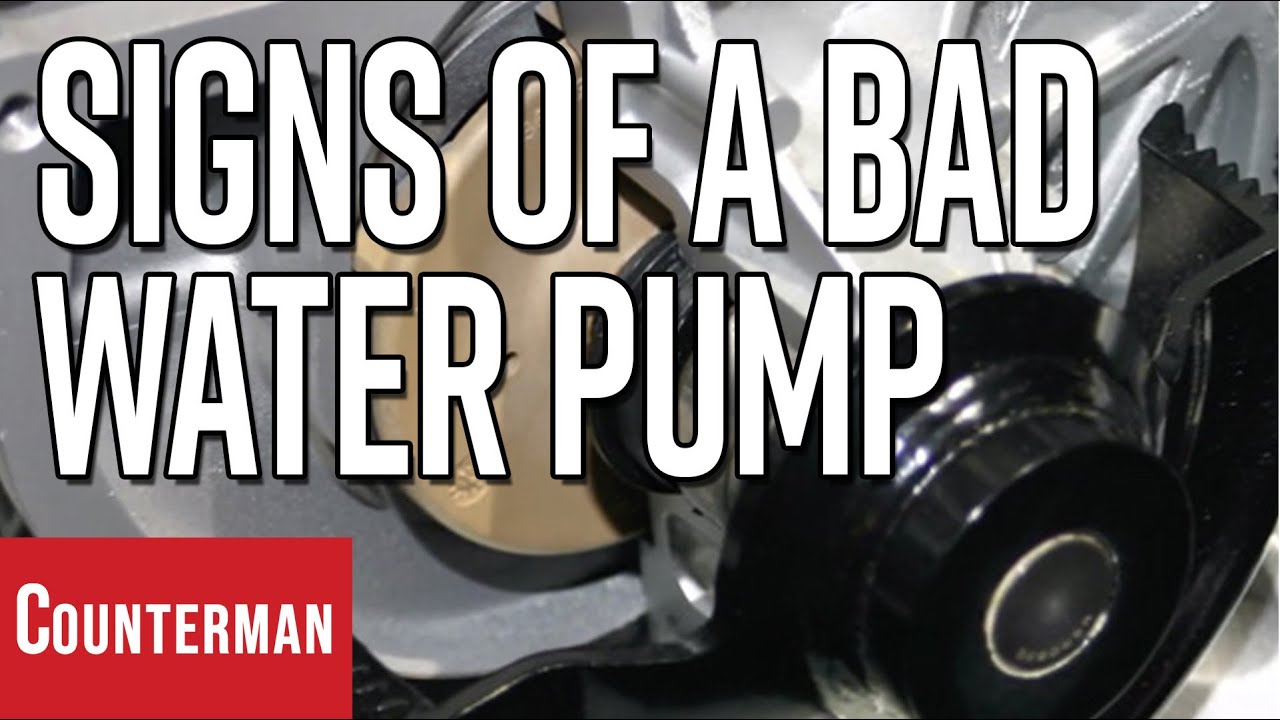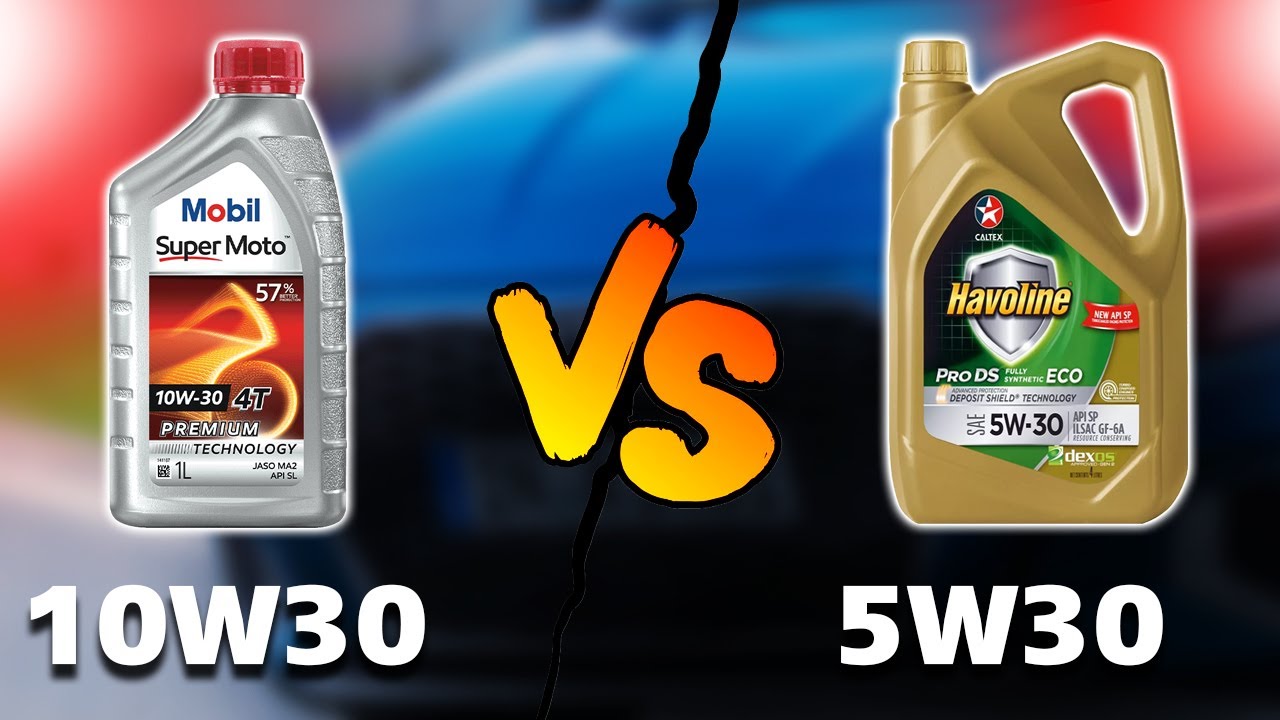The term “engine blow by” applies to all diesel and gasoline internal combustion engines, including those found on tractors and commercial generators. Diesel engines, on the other hand, are known for their durability, efficiency, and great performance.
What does “Diesel Blow By” Mean?
Diesel blow-by happens when impurities such as fuel, air, and moisture are forced into the crankcase from the combustion chamber via the gap between the piston rings and the cylinder walls.
This happens during internal combustion. It will fail under the pressure of internal combustion if the piston rings do not adequately seal the gap between the piston and the walls of the cylinder.
When engine oil stops lubricating properly, it can damage internal engine components like the valve train, main bearings, cylinder walls, and reciprocating engine parts like crankshafts and camshafts.
To answer your question, yes, blow-by is hazardous for diesel engines. The answer is now clear to you. It’s time to learn about diesel engines and blow by.
What Factors Lead to Diesel Blow By?
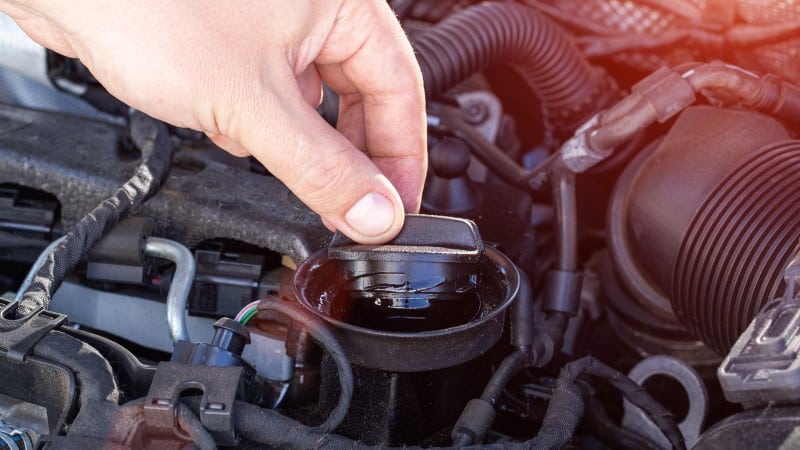
Engine blow by can be caused by a number of things in diesel engines. I will simply list the most likely reasons.
Everyday collision
Because piston rings are not completely impermeable, even brand-new engines from the factory contain a little amount of blow by. So, even when everything is running smoothly, your diesel engine can still suffer from a little amount of blow by.
Masted Cylinder Rings
Excessive gray or white exhaust smoke, poor acceleration, loss of power, high oil consumption, and blow by are all symptoms of worn piston rings.
Aged Cylindrical Walls
One of the most common reasons gas engines blow by, particularly in older engines, is a worn cylinder wall. Engine blow-by occurs when the distance between the pistons and cylinder walls grows with age.
Masted Pistons
Among the many necessary internal engine components, engine pistons are a must-have. Atop the piston is where the combustion chamber explosion occurs. Pistons can shrink slightly due to wear and tear on the piston rings and cylinder walls.
Mechanical Mistake
Gasoline and diesel engines are both susceptible to blow bys caused by human mistake. Possible causes include a poorly machined surface or the mechanic’s failure to maintain adequate cylinder-to-piston clearance during the engine refurbishment. The mechanic may have messed up when filing the piston rings. That way, gasoline may reach the crankcase.
Signs of a Blow By on a Diesel
Now you know what a blow by is and where it could be coming from in a diesel engine. The telltale signals of a diesel engine blowing by will be examined now. Here are some symptoms which tell what causes blow by in a diesel:
- Knocking engine sound
- Blue smoke from a vehicle’s exhaust
- Sooty blackness on the head of the engine
- Milky vapours
- Underperforming engine
- Engine failure
- Increased fuel consumption
How Can One Repair a Diesel Blow By?
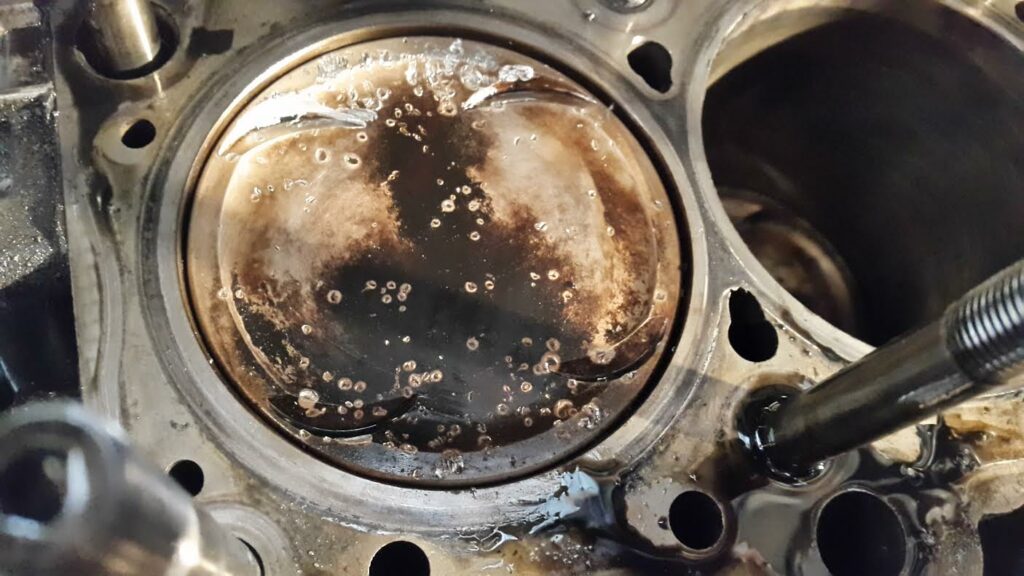
Since diesel blow-by problems might have multiple causes, there are multiple approaches to fixing them. The first thing I do when a customer brings a diesel blow-by into my garage is assess how bad it is. After that, I’ll either fix the problems myself or give the driver some advice.
My regular go-to methods for getting to the bottom of things are these:
1. Fill up the Gas Tank with FTC Decarbonizer
Every time I take a customer to the gas station, I always tell them to add FTC decarbonizer. The valves, cylinder heads, DPF filters, and turbos are usually de-coked with this cleaning agent. The majority of the time, this is sufficient to address the fundamental problems.
2. Apply Flushing Oil Concentration
An outstanding decarbonizing fluid is FTC decarbonizer. It works wonderfully. However, when you replace the motor oil, use the flushing oil concentration for a better job, particularly on difficult buildups such engine sludges.
3. Get in Touch with the Vehicle’s Mechanic
No matter how many diesel blow-bys I’ve diagnosed, I always seem to spot worn cylinder walls, pistons, and piston rings. Therefore, get in touch with a qualified specialist to assess the situation and fix it if the aforementioned methods fail. After doing a leak-down test, a skilled mechanic should be able to determine if the problem is caused by a worn-out component of the engine.
Conclusion
Diesel blow by is now a term you’ll never have to wonder about. An instance of diesel blow-by occurs when a portion of the fuel present in the combustion chamber is pushed into the crankcase via the gap between the piston rings and the surfaces of the cylinder walls.


